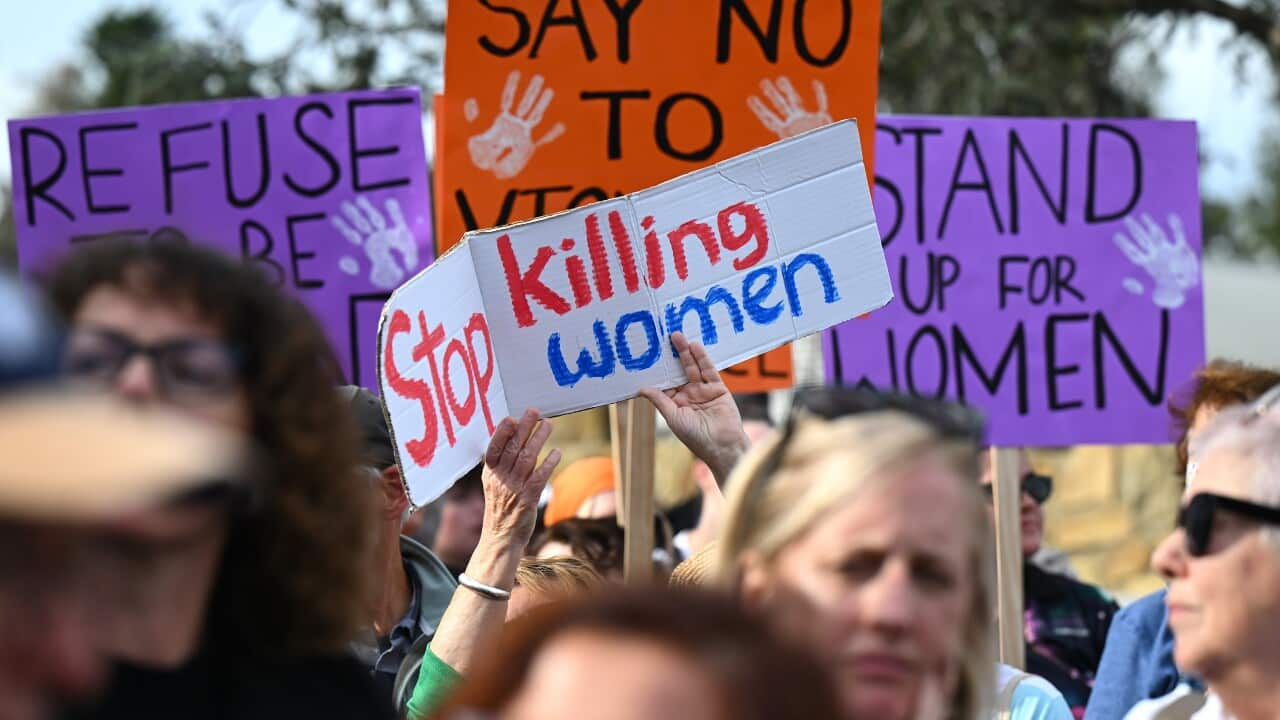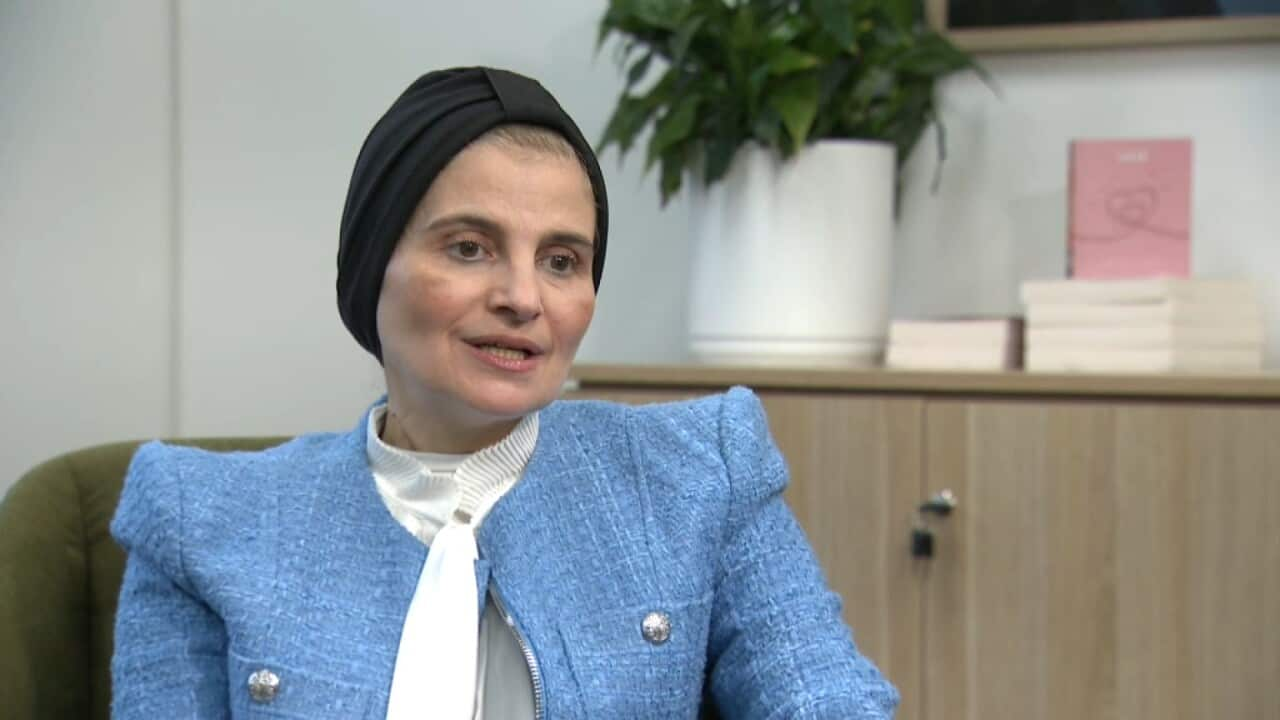This story contains references to domestic violence.
Humanitarian entrants to Australia are at much greater risk of homelessness and being hospitalised due to assault, a report has found.
An Australian Institute of Health and Welfare report published on Friday found that one in eight humanitarian entrants (male and female) received support from specialist housing services, compared to one in 50 from the permanent migrant population.

Domestic violence was the main reason (17.8 per cent of the time) that led to housing vulnerability. Source: SBS News
Domestic violence was the main reason (17.8 per cent of the time) that led to housing vulnerability.
The institute also looked at hospital records of refugees because their health outcomes "can be severely impacted by their experiences and health challenges prior to arriving in Australia".
"They are a subset of a group of people from culturally and linguistically diverse backgrounds, who have been identified as a population of interest across the health sector," the report said.
Refugees were almost twice as likely to be hospitalised or attend an emergency department as other permanent migrants over a five-year period (2016-2021).

Refugees were almost twice as likely to be hospitalised or attend an emergency department as other permanent migrants. Source: SBS News
But the report also found that humanitarian entrants were being admitted for injuries caused by assault at greater rates (more than six times higher) than other permanent migrants.

Of the humanitarian refugees seeking help, three in five were women. Source: SBS News / AIHW
The data for homelessness and hospital access was collected over 10 years, between 2011 and 2021.
There are more than 210,000 refugees in Australia who have arrived in the last two decades.
Overall they are younger (31.8) on average compared to the general population born in Australia (39.3) and other permanent migrants (37.4), according to the latest Census in 2021.
If you or someone you know is impacted by family and domestic violence, call 1800RESPECT on 1800 737 732, text 0458 737 732, or visit . In an emergency, call 000.











